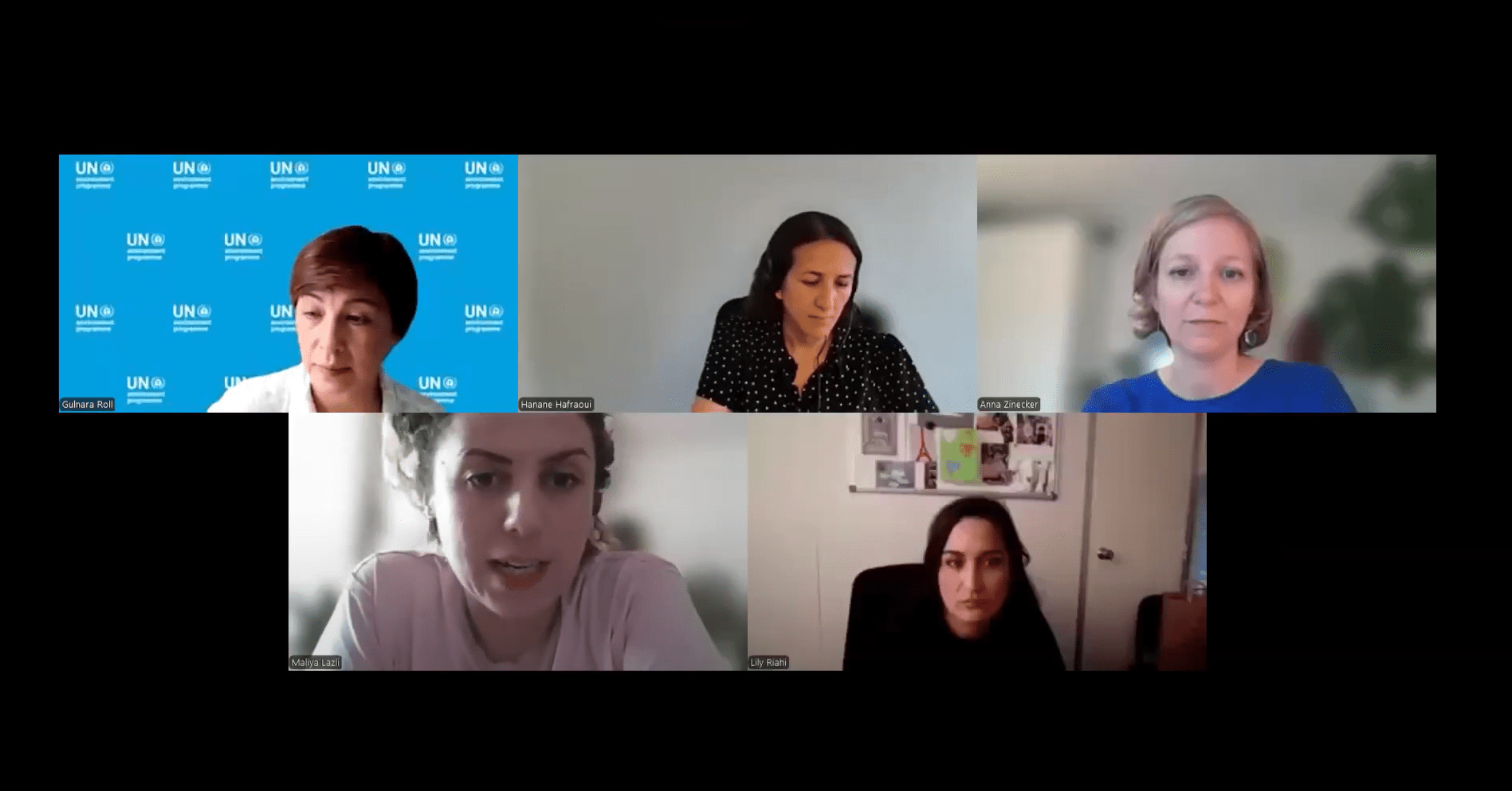The UN Food Systems Summit has revealed the 15 action areas with more than 50 solution clusters that will serve as a key element to underpin discussions at the Pre-Summit gathering in Rome, Italy from July 26-28.
The Cool Coalition’s proposal on Power Community Cooling Hubs with Clean Energy has been selected as a game changing solution. You can read more about it here.
Each action area, developed by more than 500 members of the Summit’s five Action Tracks, represents a cluster of game-changing propositions that aim to deliver the Sustainable Development Goals (SDGs) by transforming entire food systems.
The solutions, published on the online Summit Community, are an extensive menu of possible actions expected to support Member States as they work through national pathways for food systems transformation. They will also help inspire new coalitions and commitments from governments and their partners in all constituencies to support delivery of these pathways around the world, many of which will be formalised and announced at the UN Food Systems Summit in September in New York.
The solutions were refined from more than 2,000 ideas proposed during 18 months of dialogues, surveys and open fora with Indigenous Peoples, youth, producers, researchers, NGOs and governments, and represent key areas to address some of the world’s most pressing issues, from hunger and poverty to climate change.
Among the game-changing solutions are initiatives to reimagine school meals programmes as well as proposals to include the cost of a healthy diet when calculating poverty lines.
A Global Food Safety Indicator to monitor and reduce foodborne illness will also be considered along with a Responsible Meat initiative to incorporate environmental performance, working conditions and animal welfare into production and consumption.
Initial ideas for new partnerships include an Indigenous Peoples Food Systems Trust, a Coalition for African Youth in Agriculture, and a Food and Land Net Zero Country Alliance, in which countries would commit to net-zero greenhouse gas emissions from food and land use by 2050.
Other solutions include the development of deforestation-free supply chains, and subsidies redirected towards sustainable production and consumption.
Explore the solution clusters on the Summit Community here.
Adapted from: https://www.un.org/en/food-systems-summit/news/potential-solutions-local-regional-and-global-action-deliver-sdgs



